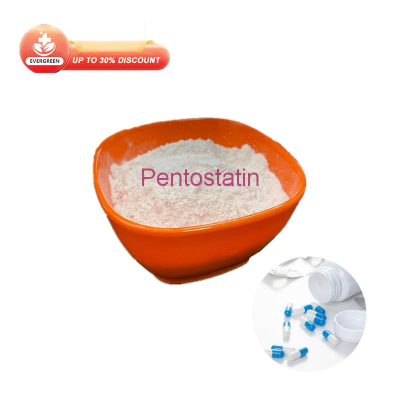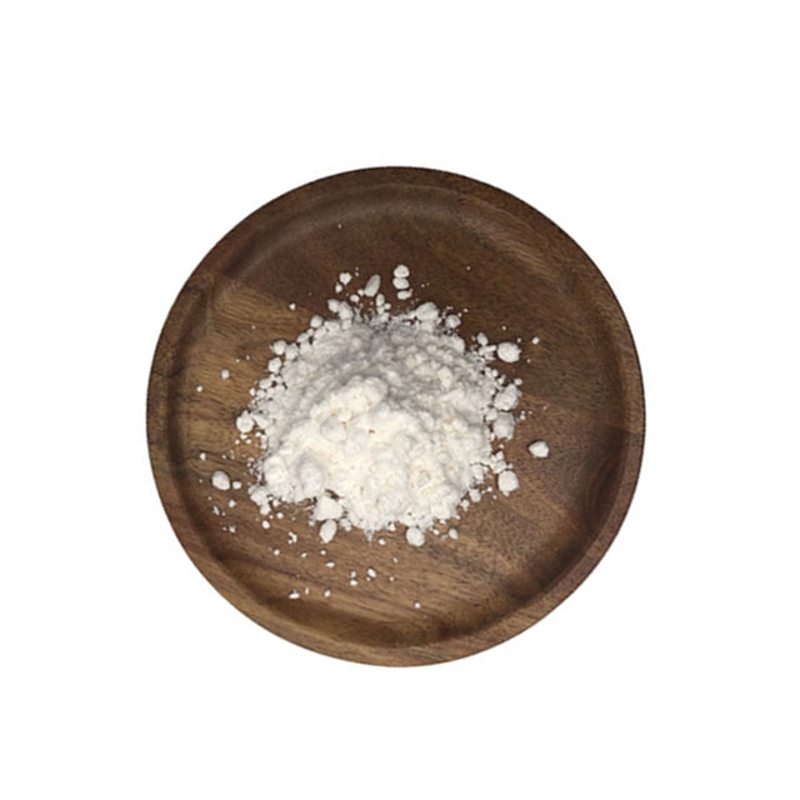-
Categories
-
Pharmaceutical Intermediates
-
Active Pharmaceutical Ingredients
-
Food Additives
- Industrial Coatings
- Agrochemicals
- Dyes and Pigments
- Surfactant
- Flavors and Fragrances
- Chemical Reagents
- Catalyst and Auxiliary
- Natural Products
- Inorganic Chemistry
-
Organic Chemistry
-
Biochemical Engineering
- Analytical Chemistry
- Cosmetic Ingredient
-
Pharmaceutical Intermediates
Promotion
ECHEMI Mall
Wholesale
Weekly Price
Exhibition
News
-
Trade Service
▎The content team editor of WuXi AppTec today, Merck & Co.
(MSD) announced that the US FDA has approved the company’s blockbuster PD-1 inhibitor Keytruda (pembrolizumab) for use in combination with platinum and fluoropyrimidine chemotherapy.
Treat patients with locally advanced or metastatic esophageal cancer or gastroesophageal junction (GEJ) adenocarcinoma.
These patients are not suitable for surgical resection or definitive chemoradiation.
The press release pointed out that this is the first anti-PD-1 immune combination therapy approved by the FDA for the first-line treatment of this patient group, and represents a major breakthrough in the first-line treatment of esophageal cancer in the past 30 years.
Esophageal cancer is the sixth leading cause of cancer deaths worldwide.
China is a country with a high incidence of esophageal cancer.
The number of esophageal cancer patients in China and the number of patients who have died of esophageal cancer are both close to half of the world's total.
The high incidence of esophageal cancer in China is closely related to diet and lifestyle habits.
The habit of "eating while hot" may cause the esophageal mucosa to be scalded by overheated foods or beverages, and mutations may occur in the process of mucosal repair, which may induce cancer.
The production.
In addition to "eat while it is hot", smoking, drinking alcohol, and eating preserved food are also important risk factors that increase the onset of esophageal cancer.
Previously, a number of cancer immunotherapies have been approved by the FDA for the second-line treatment of esophageal cancer.
However, the first-line treatment options have been surgery and chemoradiation therapy for many years.
The PD-1 inhibitor Keytruda developed by Merck by binding to the PD-1 receptor expressed on the surface of lymphocytes blocks the immunosuppression mediated by its interaction with PD-L1, thereby enhancing the anti-cancer immune response of T lymphocytes.
It has been approved by the U.
S.
FDA as a second-line therapy to treat patients with esophageal cancer as a single agent.
In China, it has also been approved as a second-line treatment for patients with esophageal cancer last year.
This approval is based on the results of the Phase 3 clinical trial KEYNOTE-590.
A total of 749 patients with esophageal cancer or GEJ adenocarcinoma received the combination therapy of Keytruda, cisplatin and fluoropyrimidine, or placebo, cisplatin and fluoropyrimidine.
53% of the enrolled patients were Asian patients.
The test results show that compared with the control group, the Keytruda combination therapy reduces the risk of death by 27% and the risk of disease progression and death by 35%.
The specific efficacy data are as follows.
"In the past 30 years, first-line treatment of esophageal cancer has made little progress in improving patient survival.
" said Dr.
Roy Baynes, Chief Medical Officer and Global Head of Clinical Development at Merck Laboratories .
The innovative means of their lives.
” It is worth mentioning that in China, PD developed by many companies including Hengrui Pharmaceuticals, Junshi Biologicals, Cinda Biologicals, BeiGene, CStone Pharmaceuticals, Fuhong Henlius, etc.
-1 inhibitors are being tested in clinical trials and are used in combination with chemotherapy to treat esophageal cancer as the first-line treatment.
Hengrui Medicine's karelizumab combined with paclitaxel and cisplatin has been shown to significantly extend the progression-free survival and overall survival of patients in phase 3 clinical studies.
We look forward to more first-line immune combination therapies for the treatment of esophageal cancer to be approved as soon as possible to provide patients with more treatment options.
References: [1] FDA Approves Merck's KEYTRUDA® (pembrolizumab) PlusPlatinum- and Fluoropyrimidine-Based Chemotherapy for Treatment of CertainPatients With Locally Advanced or Metastatic Esophageal or GastroesophagealJunction (GEJ) Carcinoma.
Retrieved (GEJ) Carcinoma.
Retrieved June 23, 2021, from March 23, 2021, .
businesswire.
com/news/home/20210323005359/en[2] Merck Oncology Overview ESMO 2020.
Retrieved March 23,2021, from https://s21.
q4cdn.
com/488056881/files/doc_presentations/2020/09/MRK- ESMO-2020-Deck_092120-FINAL.
pdf Note: This article aims to introduce the progress of medical and health research, not a treatment plan.
If you need guidance on treatment plans, please go to a regular hospital for treatment.







